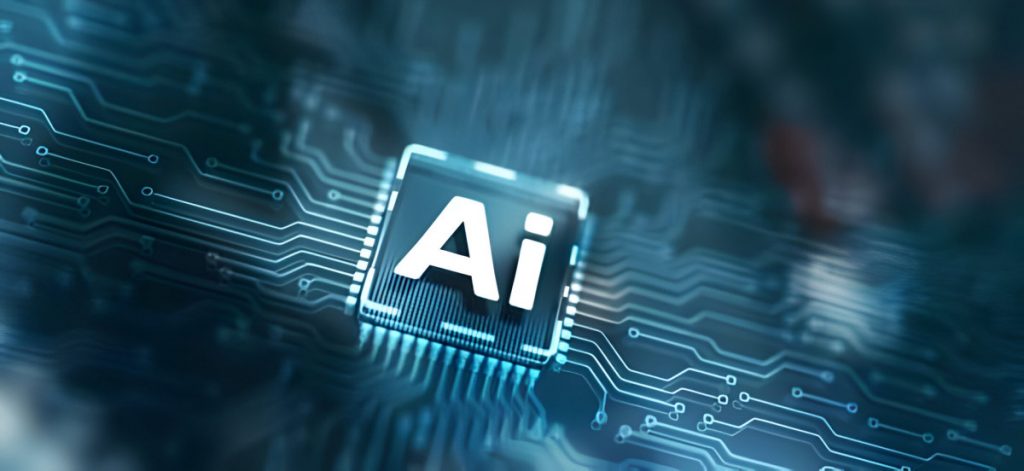Highlights:
- Kneron’s latest innovation, the KNEO 300, debuted in 2023 and has already garnered enterprise clients spanning financial services, manufacturing, and academia.
- Alongside the KNEO 330, Kneron introduced another chip, the KL830, which marks the company’s third-generation NPU chip designed for AI-embedded personal computers.
Kneron Inc., headquartered in San Diego and recognized for its comprehensive artificial intelligence solutions, has introduced its newest offerings: an Edge AI server and a cutting-edge AI-embedded PC chip tailored for low-power applications.
The KNEO 330 marks the company’s second proprietary “Edge GPT” server, equipped to manage AI inference tasks with a formidable 48 TOPs of AI computing power. It accommodates up to eight simultaneous connections, supports large language models, and ensures stable diffusion.
Kneron’s latest innovation, the KNEO 300, debuted in 2023 and has already garnered enterprise clients spanning financial services, manufacturing, and academia. These devices, referred to by Chief Executive Albert Liu as “GPT in a box,” enable organizations to utilize AI models securely within the confines of their firewalls, utilizing enterprise data without the need to transmit it to the cloud.
In an interview, Liu told a well-known media outlet, “Privacy in many ways for applications is quite important.” He stressed the potential of low-power embedded AI chips to bolster security and privacy by facilitating the local execution of AI models. He added, “Especially for medical, financial institutions, and law firms. For example, a big tech giant they’re not that willing to send their information to OpenAI.”
Professors at Stanford University and the University of California, Los Angeles, are currently utilizing this device. Due to data privacy restrictions, they have prohibited their staff from uploading data to ChatGPT. Liu affectionately referred to the unit as the “GPT in a box,” highlighting its capability to be configured on a professor’s desk with classwork information and data. This setup allows private access without data leaving the campus, enabling the device to function as a digital assistant and tutor, answering questions about the curriculum without breaching privacy regulations.
According to Liu, the KNEO 330 can operate at remarkably low power levels. In contrast to Nvidia Corp.’s H100 workhorse, which has a peak draw of around 700 watts, the KNEO 330 consumes only about 20 watts.
Alongside the KNEO 330, Kneron introduced another chip, the KL830, which marks the company’s third-generation NPU chip designed for AI-embedded personal computers. The KL830 chip can operate in conjunction with the central and graphical processing units, enabling the execution of AI applications with lower power consumption and cost. This facilitates the development of affordable AI PCs. Liu added, “With our chip inside, the PC is more like a personal GPT.”
Liu noted that when paired with a top-tier GPU, the chip achieved a 30% reduction in energy consumption and extended the lifespan of products. The KL380 boasts a peak power consumption of just two watts. These chips are set to facilitate the creation of more accessible AI PCs by integrating a low-power NPU alongside the CPU and GPU.
The same chip can also find applications in industrial settings for AI Internet of Things devices. Moreover, it is available as a USB dongle, enabling any device—a broadband router, a camera, or a traditional PC—to become edge AI-enabled.





























































